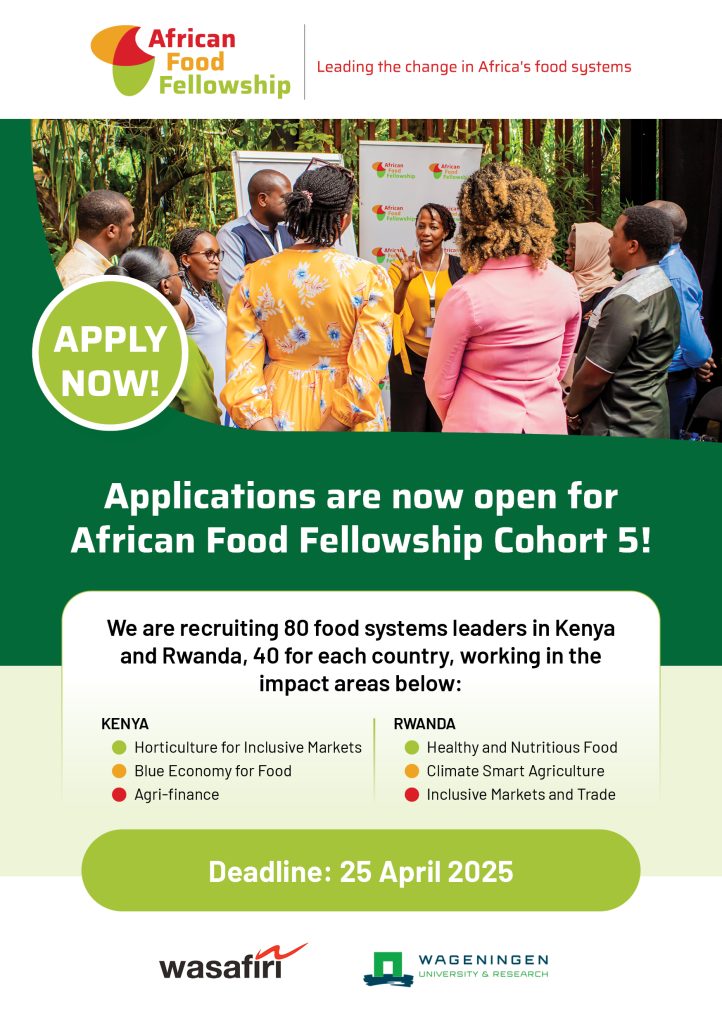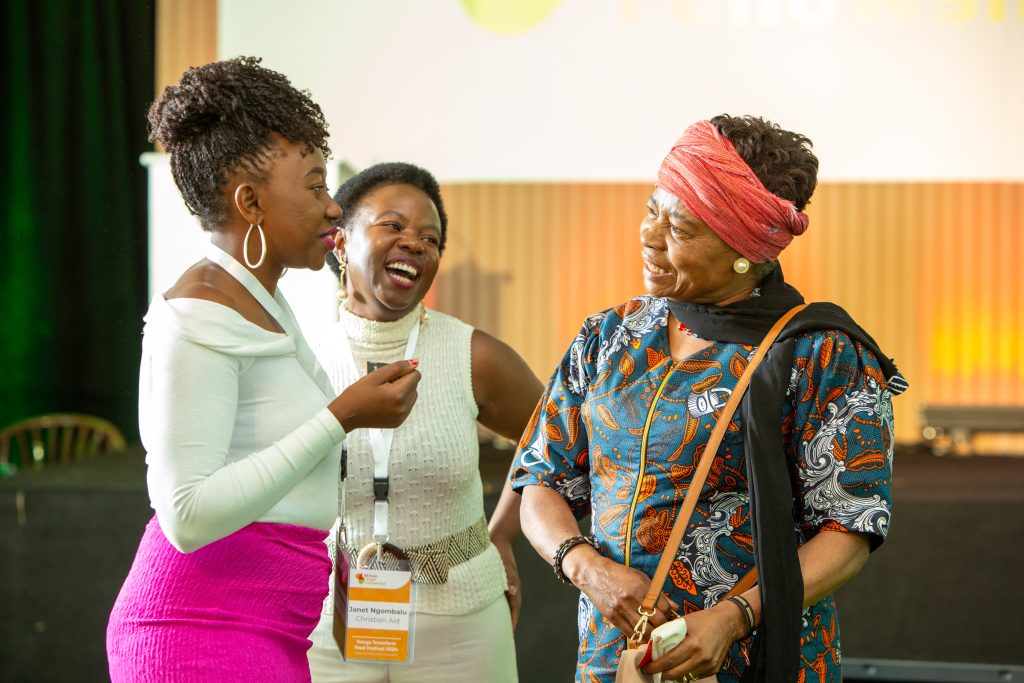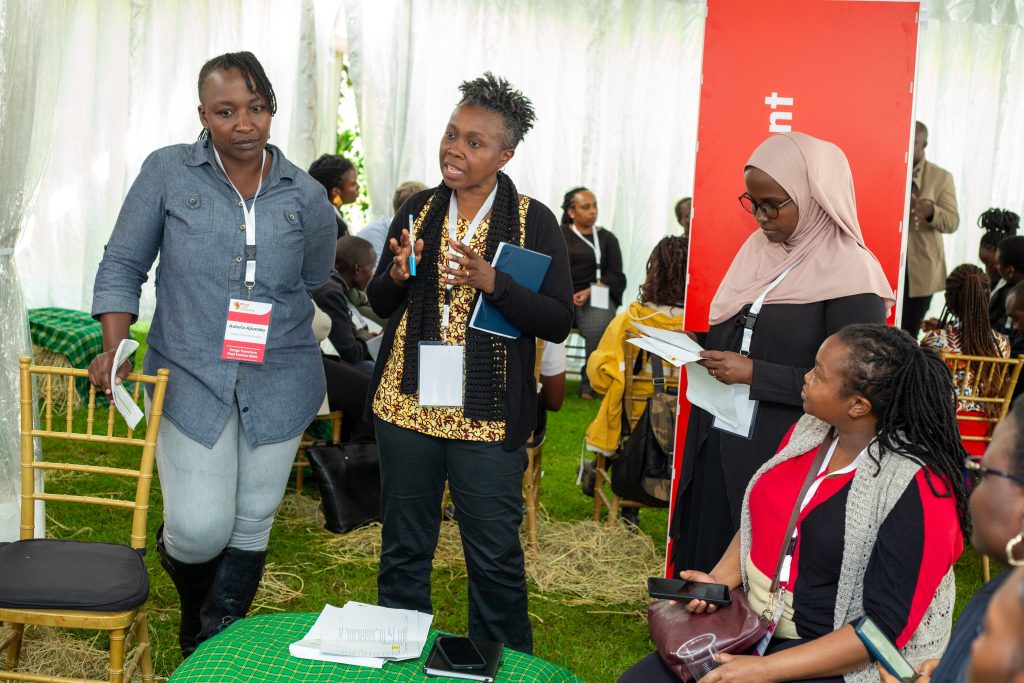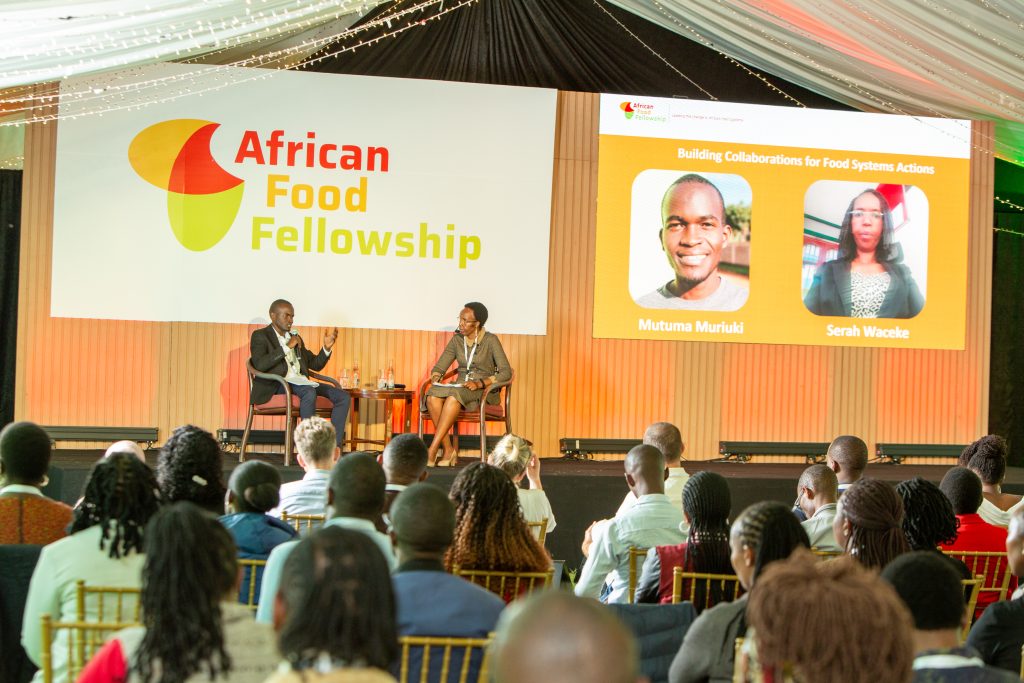We don’t need new tools, we need new mindsets – a conversation about MEL for systems change

Latest posts
Share:
At Wasafiri, we work with our partners and clients to design and implement systemic approaches to drive transformational impact. Across our work in food systems, climate resilience, or peace and inclusion, the desire to shift systems in more equitable, sustainable directions is increasingly accompanied by a critical question: how do we know it’s working?
That’s where Monitoring, Evaluation and Learning (MEL) for systems change comes in. We’ve been working to explore how MEL can evolve to meet the complexity of systems work. We’re experimenting, listening, learning and adapting – and shared our emerging thoughts in a draft discussion paper. (Read our evolving thinking on MEL for systems change).
To discuss some of our own learning and hear from others on a similar journey, we recently hosted a MEL practitioner webinar.
The conversation felt timely and confirmed increasing interest in the topic across different stakeholders. Yet, the field is still new for many, it comes with practical challenges, and the desire for more exchange and learning.
What we have learned
- Pressure to show impact is growing, yet timelines are shrinking. Development programming is increasingly expected to deliver rapid results while accommodating new and often competing agendas. This creates a mismatch between ambitious goals and the limited time available for meaningful systems change. From a MEL perspective, being upfront with clients and partners from the outset is essential to align expectations, define realistic ambitions, and clarify what is and isn’t achievable.
- Mixed readiness among funders for MEL in systems change. Donors vary widely in their openness to MEL approaches suited to systems change, with traditional funders often favouring less risk and innovation. In a context of constrained resources and global uncertainty, it remains unclear whether donors will double down on value for money or embrace more adaptive, learning-driven approaches. Philanthropic funders may be better positioned and more inclined to adopt systems thinking than their traditional counterparts.
- Terminology can get in the way. Let’s face it, systems change language can be confusing. What do we really mean by “adaptive”, “emergent”, or “transformative” in practice? Using simple, practical language is essential if we want to bring more people into the conversation. This is especially true when working with more non-traditional development actors.
- We don’t need new tools, we need new mindsets. The MEL tools exist. The challenge lies in how, when and why we apply them. The same logframe, theory of change, or survey can be used in radically different ways if the purpose shifts from proving to learning. It’s less about inventing new frameworks and more about helping teams ask better questions, hold uncertainty, and surface insights that lead to action.
- Clients need support but not overload. From a consultant’s point of view, there’s a fine balance between building clients’ MEL capacity and burdening them with more frameworks. The goal isn’t to hand over a toolkit and walk away. It’s to support adaptive learning in a way that feels useful, realistic, and integrated into how programmes run.
- The ‘why’ matters more than ever. In complex systems, we may not be able to prove exactly how change happened. But we can get better at understanding why certain things worked, and why others didn’t. Realist approaches, contribution analysis, and other context-sensitive methods are gaining traction because they embrace nuance and prioritise learning over attribution.
- We need more shared spaces like this. There is value of shared learning. MEL for systems change looks different across sectors and geographies, but the underlying principles (and struggles) are surprisingly common. We can learn a lot from each other.
What’s next?
We don’t have all the answers. But we’re committed to staying in the conversation and to making our learning visible as we go.
We’ve pulled together a short discussion paper that summarises what we’re trying, what we’re noticing, and what we’re still wrestling with. It’s not a toolkit or a how-to guide. It’s a work in progression just like systems MEL itself. What can you do?
- Read our evolving thinking on MEL for systems change, and let us know what resonates, what’s missing and what you are learning
- Get in touch with Carolin Schramm (carolin@wasafirihub.com) if you’d like to share your own experiences or explore how we could work together.
















